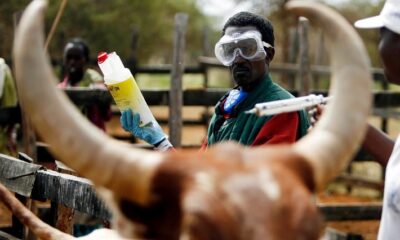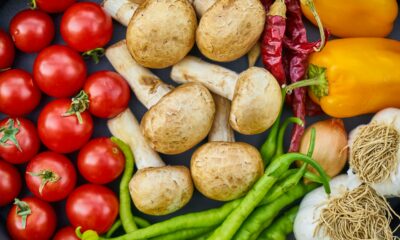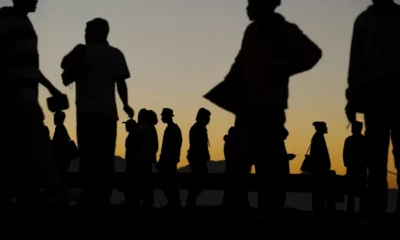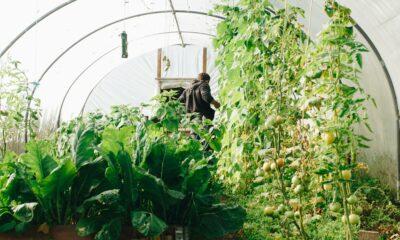Business
First Avian Flu Vaccine Approved: South Africa Takes Bold Step to Protect Poultry Industry
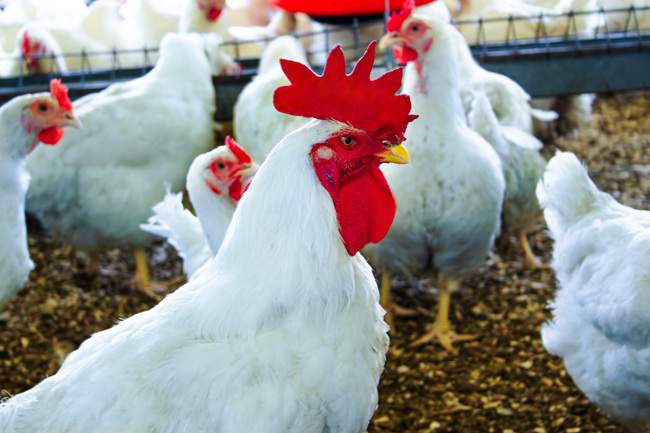
After years of battling deadly bird flu outbreaks with limited tools, South Africa’s poultry industry has turned a corner, with a syringe.
In a landmark move, integrated poultry giant Astral Foods has received the country’s first-ever permit to vaccinate poultry against highly pathogenic avian influenza (HPAI). The permit marks the beginning of a national vaccination strategy meant to protect breeding stock and, by extension, food security.
This breakthrough comes as countries like Brazil and the U.S. grapple with renewed avian flu outbreaks, stoking fears in global markets already jittery about food inflation and disease spillovers.
A New Chapter in Poultry Health
Agriculture Minister John Steenhuisen announced the development on Tuesday, calling the move a proactive intervention that will roll out within days.
The vaccination campaign will initially focus on long-living birds, particularly broiler breeding flocks, as these form the core of poultry production and are highly vulnerable to HPAI.
“This move strengthens our ability to prevent outbreaks, protect food security, and stabilise the industry economically,” said Francois Rossouw, CEO of the Southern African Agri Initiative (Saai).
The breeding stock is the lifeline of meat and egg production in South Africa. Once compromised, rebuilding these flocks takes months and that lag leads to egg shortages, chicken price hikes, and even job losses in an already pressured economy.
From Biosecurity to Bio-Preparedness
Until now, South Africa’s only tools to combat avian flu were tightened biosecurity measures and mass culling, which proved ineffective and costly.
“Granting this permit is a historic turning point,” said Izaak Breitenbach, CEO of the South African Poultry Association. He noted that the new vaccine, targeted at the H5N1 strain, offers more than just prevention — it offers hope.
“We’ve relied on culling for too long, but culling doesn’t stop airborne viruses. Vaccination does,” Breitenbach said.
Importantly, broilers (chickens raised for meat) will not be vaccinated at this stage, and a vaccine for the H7N1 strain is still pending regulatory approval. But experts agree, it’s better to start somewhere than stand still.
Economics Meets Epidemiology
From a financial standpoint, the vaccine rollout is not just a veterinary decision, it’s an economic necessity.
“South Africa and producers can’t afford another devastating outbreak,” warned Dawie Maree of FNB Agriculture.
And with good reason. The 2023 HPAI outbreak devastated local supply chains. Supermarket shelves ran out of eggs. Prices soared. Farmers culled millions of birds. Consumers paid the price.
Wandile Sihlobo, chief economist at Agbiz, sees this step as a long-overdue shift in mindset:
“We must keep our regulations agile,” he said, “so that when future strains appear, we can move quickly to register and deploy new vaccines.”
Looking Ahead: Lessons from the Pandemic Era
While the vaccine rollout is in its infancy, its symbolism is enormous. It shows that South Africa is learning from past mistakes, investing in forward-thinking policies, and prioritising food sovereignty.
It also opens the door for public-private collaboration in managing livestock diseases. Government regulators, poultry associations, and large-scale producers like Astral are finally aligned in recognising that prevention is cheaper than crisis response.
But stakeholders warn: this is only the beginning. Mass vaccination across provinces, bio-tracking, and rapid strain detection systems will need to be scaled up for long-term impact.
Public Confidence and Food Security at Stake
As shoppers brace for possible food inflation and as climate-related diseases threaten agriculture across the globe, South Africa’s decision couldn’t be timelier.
This move may well determine whether South Africa stays a net poultry producer or slips into reliance on costly imports, a move that would hurt jobs, rural economies, and the country’s food resilience.
The syringe is now in, not just the hands of veterinarians, but in the spotlight of the public interest.
If South Africa gets this right, the chicken coop might just become a blueprint for future public health and economic security planning.
{Source: IOL}
Follow Joburg ETC on Facebook, Twitter , TikTok and Instagram
For more News in Johannesburg, visit joburgetc.com

